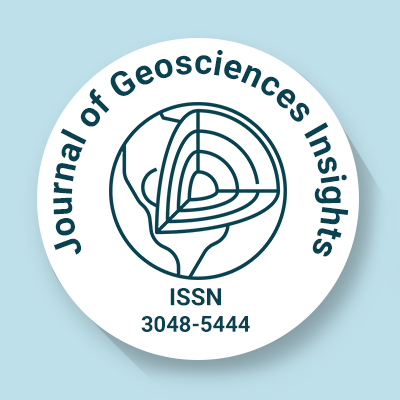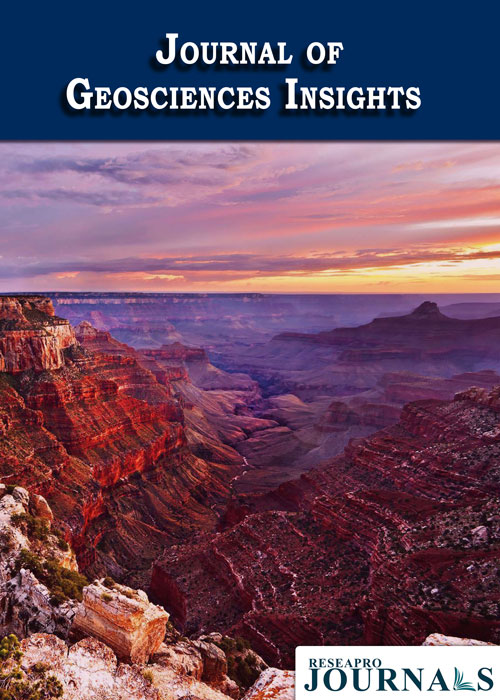
Journal of Geosciences Insights
OPEN ACCESS
ISSN: 3048-5444

OPEN ACCESS
ISSN: 3048-5444

Department of Agriculture, Agropolytechnic Centre - OUAT, Rourkela, Odisha, India
Artificial intelligence (AI) is transforming the field of geoscience by improving data analysis, predictive power, and decision-making. Increasing access to satellites, sensors, and survey data is being supplemented with big data, and, AI-based methods like machine learning (ML) and deep learning
(DL) are making processes more efficient in different geoscience applications. This paper discusses the use of AI in remote sensing, in which AI improves satellite image interpretation for environmental monitoring and land-use planning. It also discusses the role of AI in seismic interpretation, enhancing earthquake prediction by recognizing patterns in seismic waves. Climate models based on AI improve weather forecasting and long-term climate projections, while AI-based mineral exploration speeds up the identification of natural resources. AI also maximizes hydrological research, enhancing water resource management and flood risk forecasting. In the future, AI is going to be automating geological field investigations, joining with geospatial technologies, and creating digital twins for simulations on Earth. Difficulties ranging from available data and cost for computation to ethics must also be met. By achieving the above limitations, AI could bring about radical improvements in geoscientific exploration, enabling greater accuracy, reducing costs, and increasing sustainability.
Department of Agriculture, Agropolytechnic Centre - OUAT, Rourkela, Odisha, India